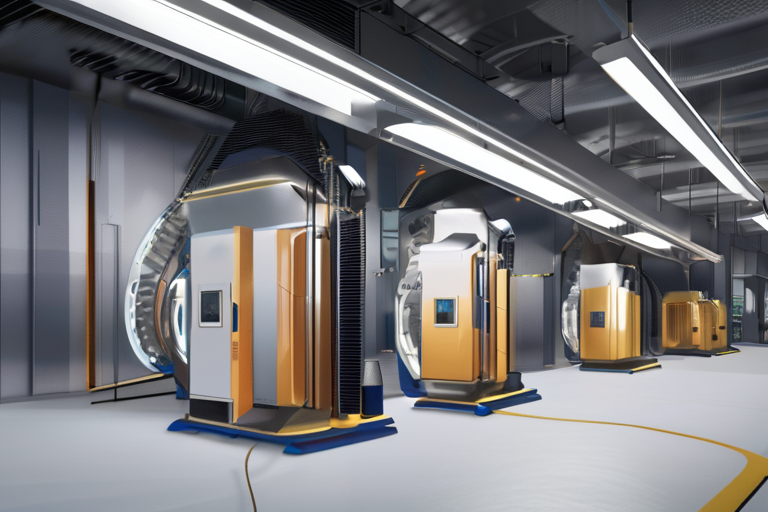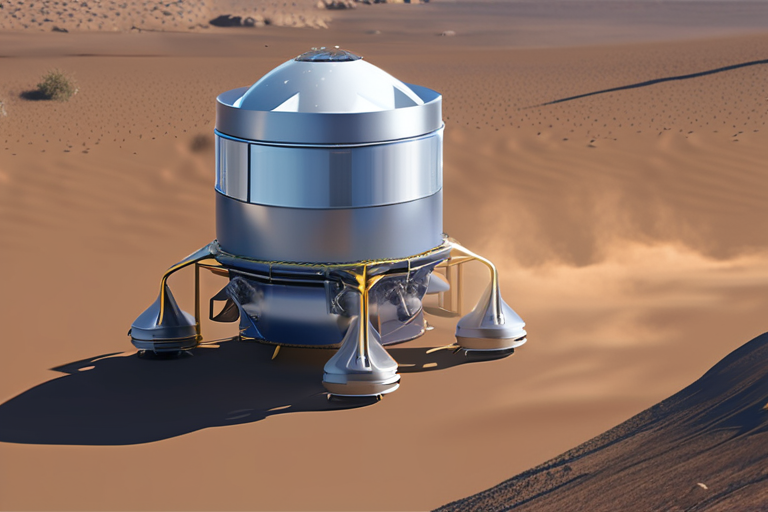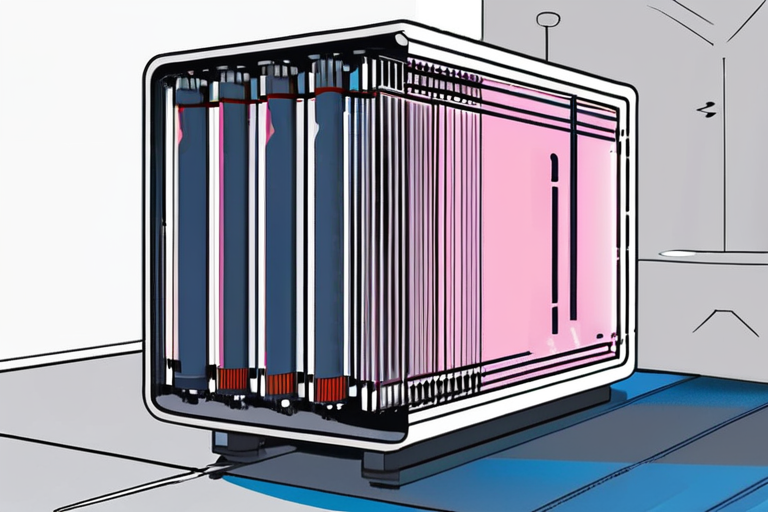Researchers Unleash 50% More Powerful Rocket Fuel with Manganese Diboride Breakthrough


Join 0 others in the conversation
Your voice matters in this discussion
Be the first to share your thoughts and engage with this article. Your perspective matters!
Discover articles from our community

 Hoppi
Hoppi

 Hoppi
Hoppi

 Hoppi
Hoppi

 Hoppi
Hoppi

 Hoppi
Hoppi

 Hoppi
Hoppi

Fusion Power Plants Don't Exist Yet, But They're Making Money Anyway Commonwealth Fusion Systems announced this week that it has …

Hoppi

BREAKING NEWS Blue Alchemist Unveiled: Turning Lunar Dust into Vital Resources In a groundbreaking development, Blue Origin has successfully tested …

Hoppi

BREAKING NEWS Blue Alchemist Unlocked: Lunar Dust Transformed into Vital Resources In a groundbreaking achievement, Blue Origin has successfully developed …

Hoppi

New Cooling Breakthrough Nearly Doubles Efficiency Researchers at the Johns Hopkins Applied Physics Laboratory (APL) have made a groundbreaking discovery …

Hoppi

Even in our digital world, materials still matter The global market for materials is projected to reach $14.4 trillion by …

Hoppi

BREAKING NEWS Ohio State University Engineers Revolutionize Space Travel with Nuclear Rocket Concept In a groundbreaking development, engineers from Ohio …

Hoppi